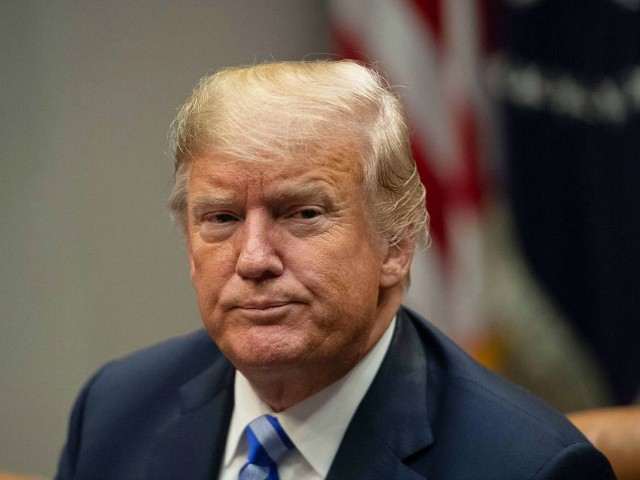President Donald Trump on Wednesday signed an executive order that seeks to prevent and punish foreign interference in U.S. elections. The executive order, which would impose sanctions on individuals, entities, or countries, was announced by National Security Adviser John Bolton during a White House conference call.
“Basically it’s a further effort among several that the administration has made to protect the United States against foreign interference in our elections, and really our political process more broadly,” Bolton said.
“We felt it was important to demonstrate the president is taking command of this issue, something he cares deeply about. The integrity of our elections and our constitutional process are a high priority to him. So I think this order is a further demonstration of that,” he added.
Bolton said the executive order would apply to interference with campaign infrastructure as well as the distribution of propaganda and disinformation.
The executive order requires the Director of National Intelligence to conduct regular assessments into whether there is foreign interference in U.S. elections. If interference is found, the DNI would have 45 days to assess who and report it to the Justice Department and the Department of Homeland Security, who would then have 45 days to assess whether or not to apply sanctions. The State Department and Treasury could decide to take additional measures.
“This executive order authorizes the development and application of sanctions against any individual, any entity, or country that authorizes, directs, sponsors, or otherwise supports interference in a U.S. election,” Bolton said.
He said the executive order is not country-specific because the threats come from a “number of sources.”
Director of National Intelligence Dan Coats said the intelligence community have seen “signs” of interference from Russia, China, Iran, and North Korea, but nothing to the level of the 2016 election.
“We have not seen the intensity of what happened in 2016 [but] it’s only a keyboard click away so we are taking nothing for granted,” he said.
He said the intelligence community has been working on this for a while, but the executive order puts into place a formal process to ensure the administration is doing everything it possibly can to prevent foreign interference.
Bolton said if there were sufficient evidence of foreign interference, sanctions could come before an election, not just after. “It is intended to be active now before the election,” he said.
He said he has spoken to members of Congress in recent weeks but indicated that time is a factor.
“The president has acted decisively today,” Bolton said, adding that the administration looked forward to engaging with Congress further on the issue.
“Our focus now is on the midterms and 2020, going forward, what do we know, what do we need to have in place to deal with this, to ensure the American public that their elections have not been manipulated, their vote has not been changed, and we have the integrity of the election system in place and we have processes in place to ensure that and retaliate if possible,” Coats said.
“So we’re looking forward, using the basis of 2016 as a warning signal, and putting pieces in place so it doesn’t happen again.”
Sen. Tom Cotton (R-AR) commended the administration’s step.
“This Executive Order signals to foreign adversaries that might try to influence or undermine our elections that we will not tolerate such interference and will impose high penalties for it. I commend the administration for announcing these measures as we get into the heart of the midterm elections,” he said in a statement.
